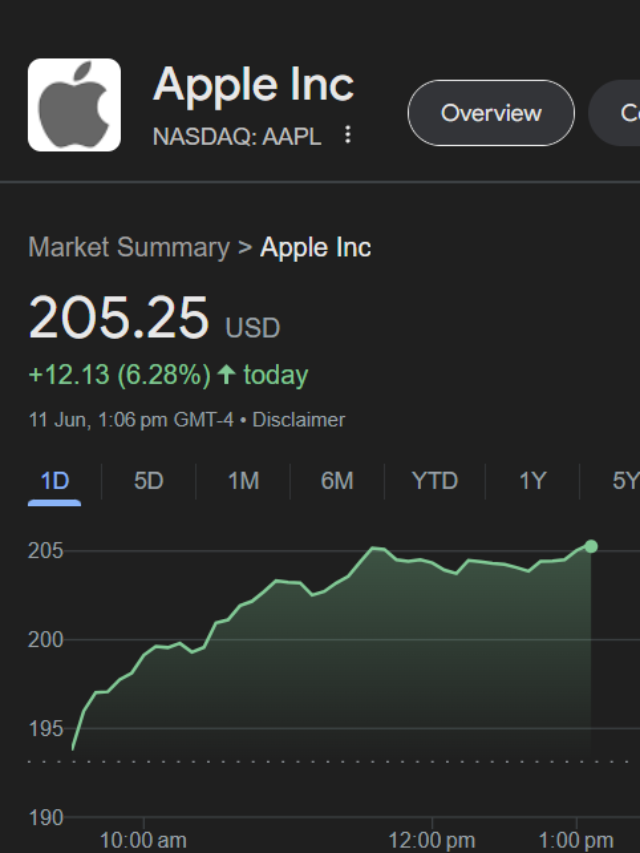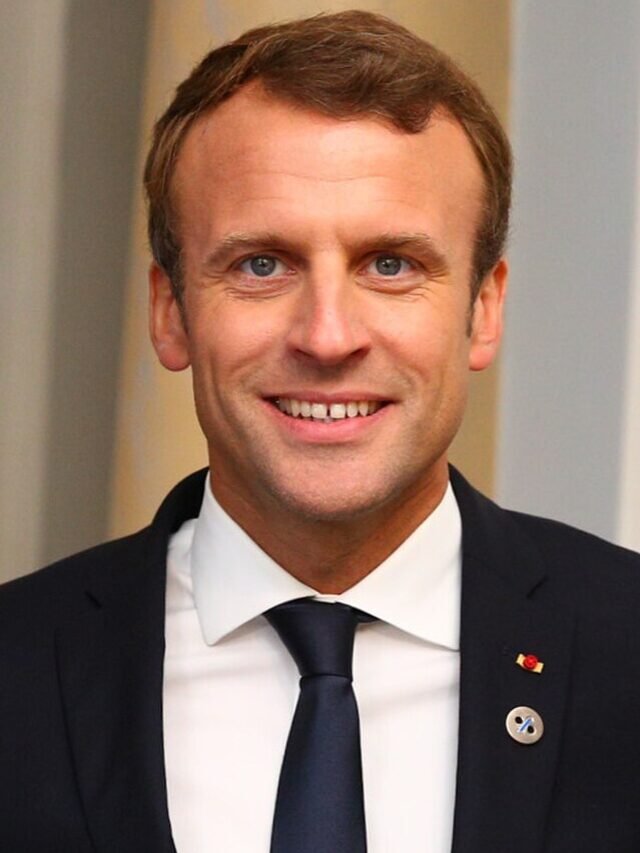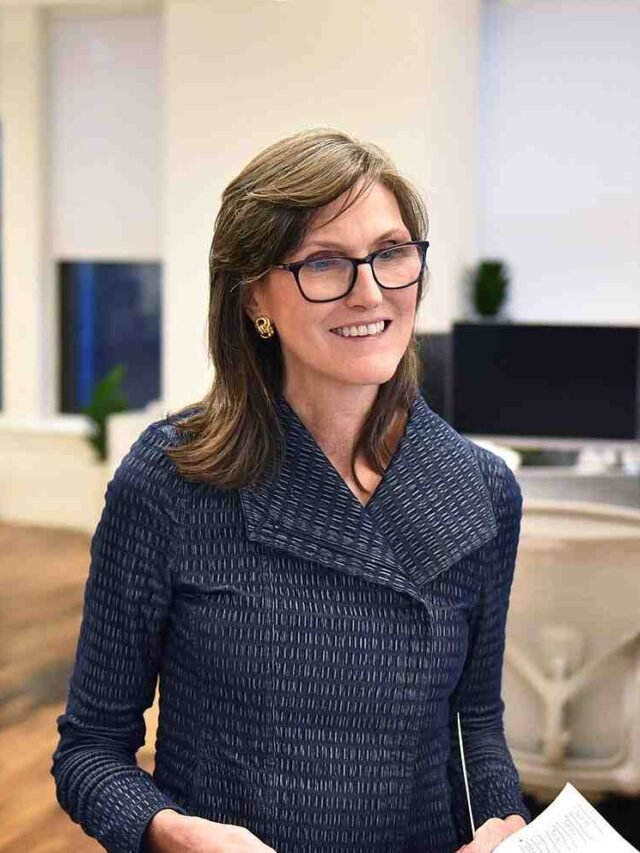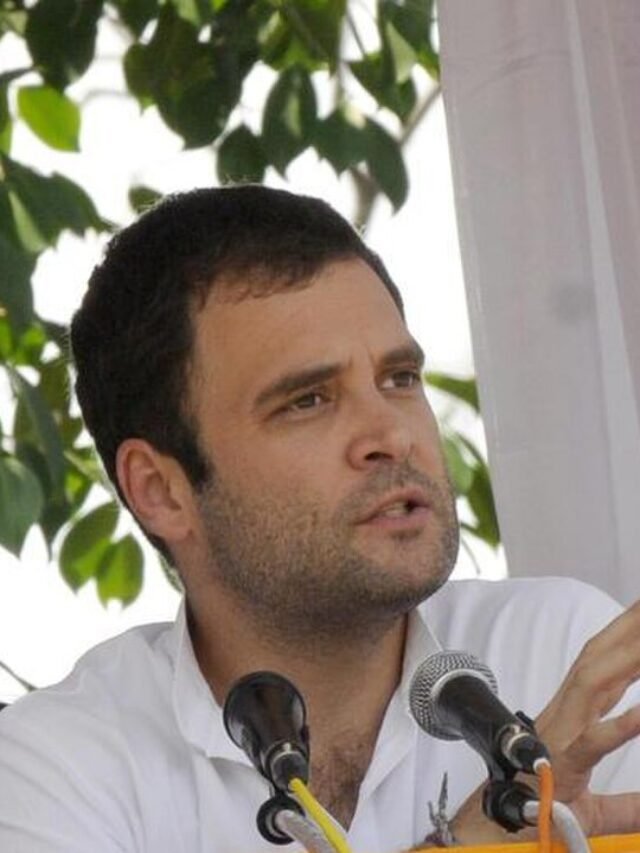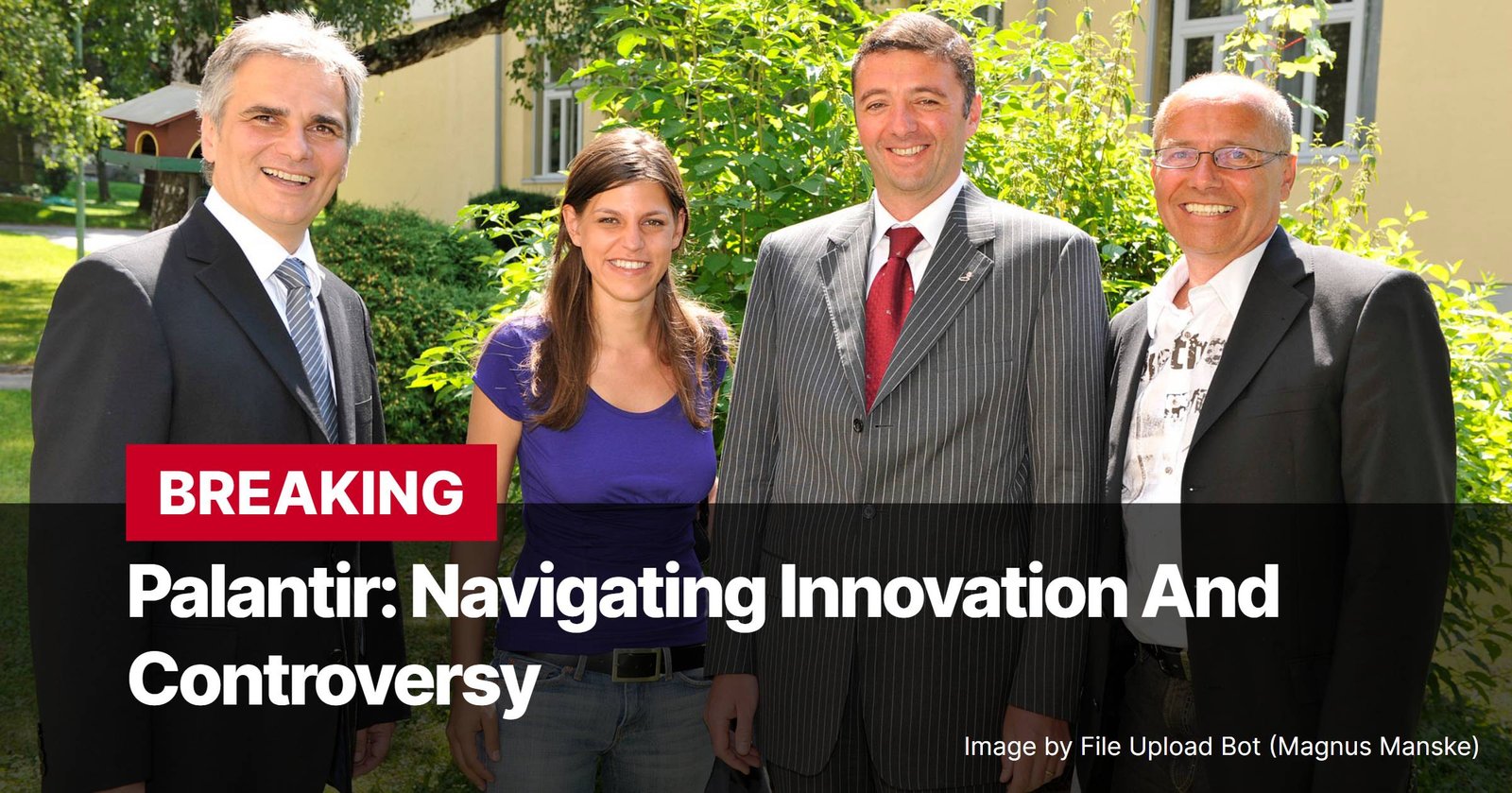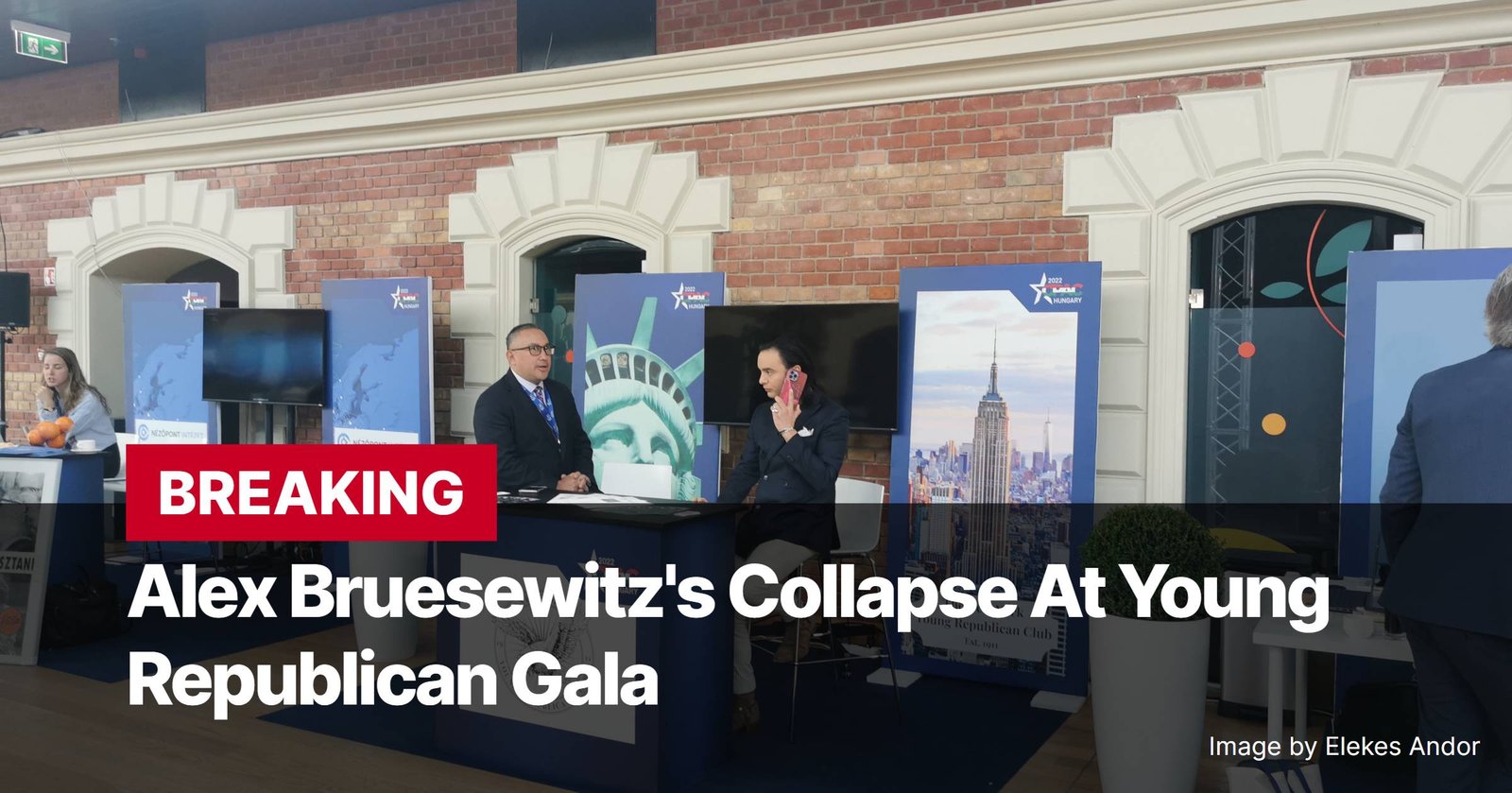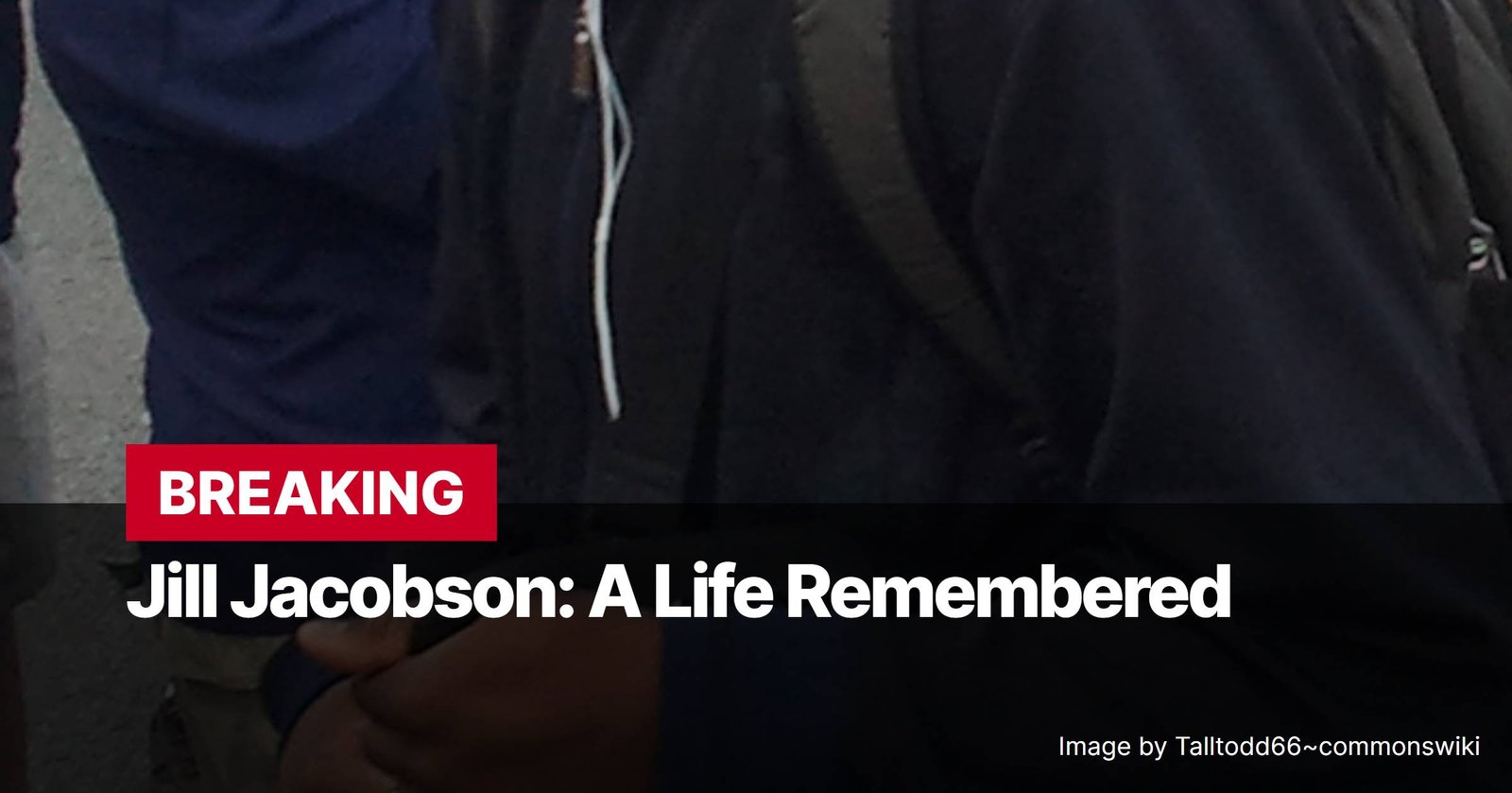The media landscape is shifting, and savvy politicians are shifting with it. Case in point: the buzz surrounding former President Donald Trump’s scheduled appearance on “The Joe Rogan Experience,” one of the most popular podcasts in the country.
This isn’t just another interview. It’s a strategic move by the Trump campaign to connect with a demographic they see as crucial to victory: young men. With millions of listeners on Spotify alone, the show boasts a predominantly male audience, many of whom fall into this coveted demographic.
While Trump has appeared on over a dozen podcasts this year, his choice to sit down with Rogan is particularly intriguing – and potentially risky. Rogan, a former stand-up comedian, actor, and UFC commentator, is known for his long-form, free-flowing interviews that delve into a wide range of topics, from comedy and sports to politics and conspiracy theories.
This unpredictable format, coupled with Rogan’s willingness to entertain controversial viewpoints, has drawn criticism in the past, particularly surrounding the spread of misinformation. This makes the upcoming interview all the more captivating: Will Rogan push back on Trump’s claims? Will he give the former president a platform to amplify his message unchecked?
Adding fuel to the fire is the history between Rogan and Trump. While Rogan’s political leanings are difficult to define, he’s criticized Trump in the past, and in August, he praised another presidential candidate, prompting a public rebuke from Trump himself. This tension, combined with Rogan’s often unpredictable interview style, makes for must-listen content.

This upcoming interview underscores a larger trend in political campaigning: the increasing importance of non-traditional media. Both Trump and his opponent, Vice President Kamala Harris, have embraced podcasts as a way to connect with voters who are increasingly tuning out traditional news outlets.
Harris, too, has reportedly been in talks with Rogan for an interview, though scheduling conflicts have prevented it from happening. She has, however, made appearances on other popular podcasts, demonstrating the campaign’s understanding of this shifting media landscape.
The Rogan-Trump interview, expected to be released soon, is already generating headlines and sparking debate. It’s a high-stakes gamble for both men, with the potential to sway public opinion in the final days leading up to the election.
One thing is certain: in an era of fragmented media and short attention spans, podcasts have emerged as a powerful force in shaping political discourse. Whether you’re a political junkie or simply curious to see what unfolds, the upcoming Rogan-Trump interview promises to be a fascinating case study in the evolving relationship between politics and media.








